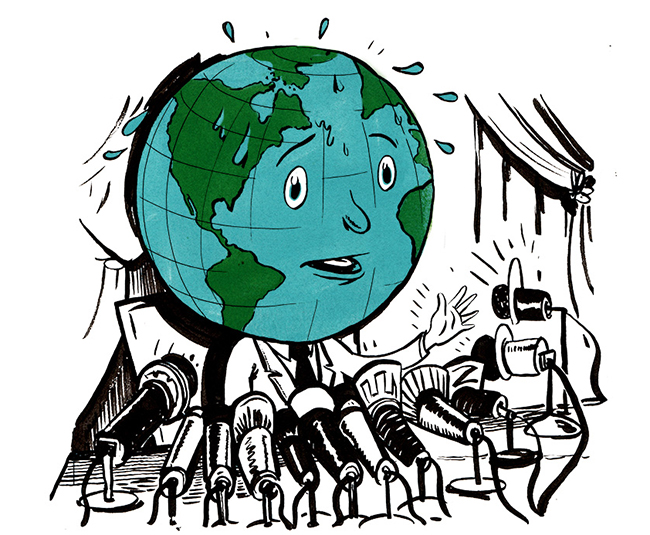ZEITGUIDE TO THE NEW BRAND ACTIVISTS

The constant churn of political events is challenging CEOs—and their companies—to consider taking tough stances on divisive issues.
The most notable recent example: Nike. The shoe and apparel brand made big headlines when it anointed former NFL quarterback Colin Kaepernick* the centerpiece of its new ad campaign.
Nike’s decision engendered support from those who admire Kaepernick’s efforts to draw attention to issues of racial inequity and justice. On the opposite end of the spectrum are those who feel Kaepernick’s decision to take a knee during the national anthem was an act of disrespect against the flag, the military members who defend it and the ideals they represent.
So far, the backlash has been worth it for Nike. After an initial dip, its stock hit an all-time high this past Thursday. Online sales surged 22 percent from the same time a year ago.
Nike’s decision particularly resonated with younger consumers. A Quinnipiac University poll found people aged 18 to 34 approved of the move by a 67-21 margin. Indeed, younger consumers are especially interested in the politics of the companies they patronize. Fuse, a marketing firm, conducted a survey of 2,000 teens aged 14 to 17, discovering 67 percent are more likely to buy from companies that support causes than those that don’t. As young consumers grow in their spending power, so too will the imperative for businesses to take political stands, even at the risk of alienating some other customers.
Other examples of brands embracing activist causes have included Disney head Bob Iger advocating for stricter gun laws after the Las Vegas mass shooting, a stance he’s reiterated following ensuing tragedies. During Pride Month in June, you’d be hard pressed to find a brand not marking the occasion either by participating in Pride festivities or donating to LGBTQ+ causes. And the Trump administration policy of separating families attempting to illegally cross the U.S. border, engendered widespread backlash with heads of Apple, Airbnb and Microsoft issuing formal statements.
Brands are often finding that these issues touch on their businesses directly, creating even more of an imperative to respond. When a Starbucks employee was accused of racially profiling two customers in April, the company shut down all its locations for an afternoon of racial sensitivity training for employees. Walmart, the largest gun retailer in the U.S., joined Dick’s Sporting Goods in raising the minimum age for buying a gun in its stores to twenty-one.
Taking a firm stand may prove to make good business sense in the long term: Walmart’s own internal research found that 85 percent of its shoppers want to see the company “make it clear what values [they] stand for.”
It’s also important for a companies’ employees to feel that their employers are doing the right thing. Pressure from employees led Google to pull out of a partnership, dubbed Project Maven, with the U.S. Department of Defense that involved using AI to analyze videos and images, information that could be used for targeted drone strikes. And Amazon has faced pressure to terminate contracts for supplying police departments with facial recognition technology. Ensuring tech, products and services are being used for good is an increasingly important facet of a company’s employee experience (EX) that allows it to remain competitive for top talent.
* Kaepernick famously kicked off NFL player efforts to bring attention to issues of police brutality and racial disparities in the criminal justice system by kneeling during the playing of the national anthem during a game in 2016. Unsigned last year, he has since brought a lawsuit against the NFL accusing teams of colluding not to sign him on account of his protest.
Want to learn more about ongoing business and cultural transformation?
#GetSmartQuick with ZEITGUIDE 2018.
Inquire about our custom offerings.
Sign up to receive our weekly newsletter.
